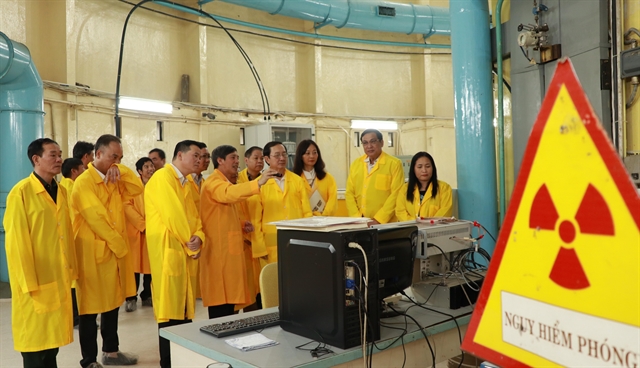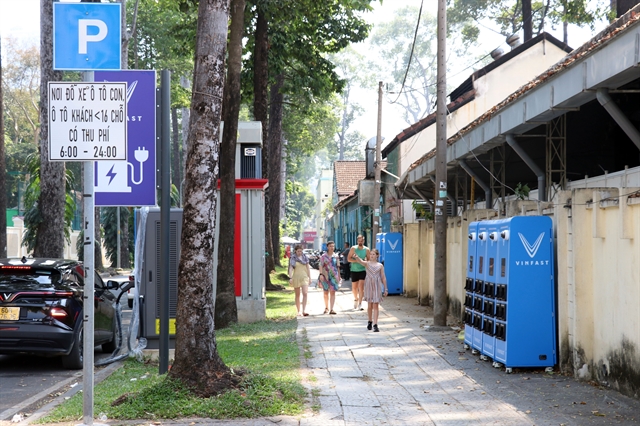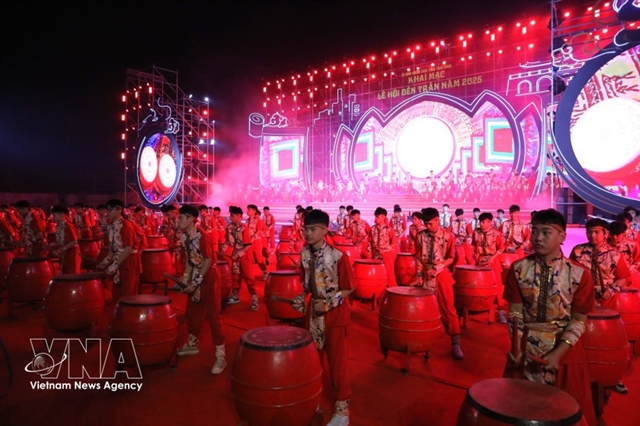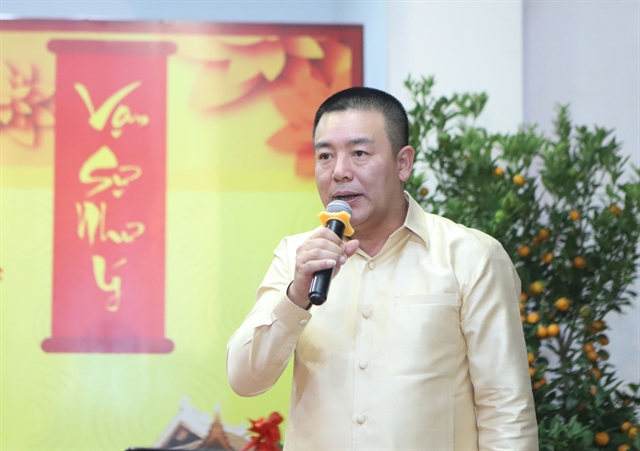 Society
Society


|
| Delegates visit the nuclear reactor at the Nuclear Research Institute in Đà Lạt City, Lâm Đồng Province. — VNA/VNS Photo |
LÂM ĐỒNG — Nearly 100 delegates, including nuclear experts, policymakers, and scientists, gathered in Đà Lạt City in the Central Highlands province of Lâm Đồng on April 25 for a seminar to discuss the development and application of nuclear energy for the country’s rapid and sustainable growth in the new era.
The seminar came at a meaningful time, as the National Assembly has officially restarted a plan on nuclear power development in Ninh Thuận. Simultaneously, the Party Central Committee’s Commission for Information and Education, and Mass Mobilisation is leading efforts to implement a nationwide communications initiative focused on raising awareness and public support for the nuclear energy strategy.
These developments underscore the Party and State’s determination to harness atomic energy as a strategic lever to ensure energy security, drive sustainable development, and deliver on Việt Nam’s commitment to net-zero emissions by 2050.
In his address, Huỳnh Thành Đạt, deputy head of the Party Central Committee’s Commission for Information and Education, and Mass Mobilisation, emphasised that amid increasing demands for energy transition, environmental protection, and green growth, nuclear power was re-emerging as a vital solution. Globally, many countries were reviving or expanding their nuclear programmes, he noted.
For Việt Nam, investing in nuclear energy is not only about meeting domestic power needs but also about strengthening scientific and technological capabilities, developing a high-quality workforce, and actively integrating into the global nuclear value chain, according to Đạt.
Đạt also highlighted the importance of building a nationwide network of experts, journalists, and communications professionals to promote accurate, timely, and science-based information on nuclear energy. This initiative aims to shape a unified and progressive public understanding, while clearly conveying the three core benefits of nuclear power - safety, security, and social wellbeing.
Meanwhile, Assoc Prof Dr Nguyễn Nhị Điền, former Director of the Nuclear Research Institute, noted that the institute widely applied nuclear technologies across various fields, such as healthcare, industry, agriculture, and environmental protection, contributing significantly to both local and national socio-economic development.
He stressed that nuclear power was among the most important and advanced applications of atomic energy today, playing a key role in both Việt Nam’s and the world’s shift toward green energy.
At the event, participants raised a number of issues that are currently top of mind for the public. Discussions covered nuclear safety in the construction and operation of power plants, the use of radiation and radioisotopes in daily life from medical treatment to agriculture and industry, as well as the critical role of public communications and education in supporting nuclear development.
They also proposed concrete steps that local authorities, the press, and the scientific community can take to address public concerns around nuclear incidents and their potential impacts on health and the environment. — VNS




